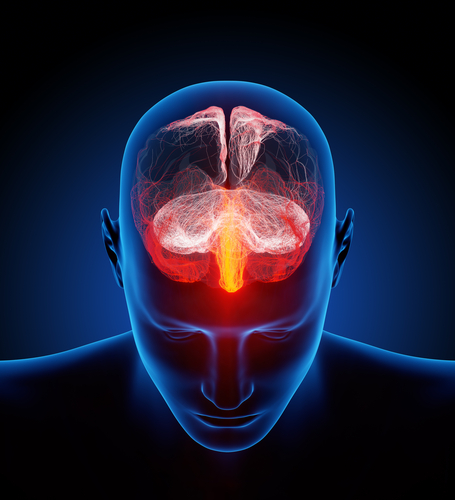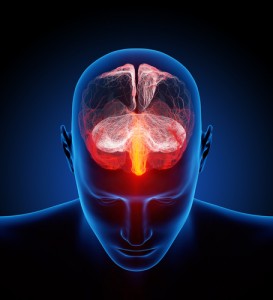National Plans Announced to Study FTD Along with Alzheimer’s Disease
Written by |

 Individuals with frontotemporal degeneration (FTD) may soon benefit from research priorities directed toward curing Alzheimer’s disease and other forms of dementia. The Association of Frontotemporal Degeneration (AFTD) broke word of plans to formally include FTD in national research priorities by the year 2025.
Individuals with frontotemporal degeneration (FTD) may soon benefit from research priorities directed toward curing Alzheimer’s disease and other forms of dementia. The Association of Frontotemporal Degeneration (AFTD) broke word of plans to formally include FTD in national research priorities by the year 2025.
According to AFTD Executive Director Susan Dickinson, federal officials included FTD as a research priority in a plan presented at the National Alzheimer’s Project Act Advisory Council, the premier framework advocating for advanced Alzheimer’s disease research. “AFTD is extremely gratified that FTD has been incorporated into the national research priorities to cure Alzheimer’s and other dementias,” said Dickinson in a press release from AFTD.
As described in a comprehensive research paper, FTD Research and Drug Development Landscape Analysis, research on FTD has been studied to some extent, and a handful of therapies have been and are being developed to treat FTD. However, knowledge about the disease and its treatment are far from complete, demonstrating the need to conduct further research. Increasing attention on FTD may allow greater research funding and translate into improved resources and care for patients.
[adrotate group=”3″]
“FTD takes a devastating toll on the more than 50,000 patients living in the U.S. with the disease, as well as their family members and other caregivers,” said Dickinson. ” While research is advancing very rapidly, there remain significant gaps in our knowledge and funding, as identified by our landscape analysis. FTD’s inclusion in the national goal-setting process will fuel the momentum to help find a cure for this and other more prevalent neurodegenerative disorders, such as Alzheimer’s and Parkinson’s diseases.”
Progressive damage to the temporal and frontal lobes of the brain manifests in FTD, which affects approximately 50,000 Americans. The majority of affected patients are in their 50’s or 60’s and can only be treated for symptoms–not cured–of their disease. Often, a patient may not receive proper diagnosis for FTD because physicians are unfamiliar with FTD. The AFTD hopes this fact can be changed, and initiatives to include FTD in national research can only help the cause.





